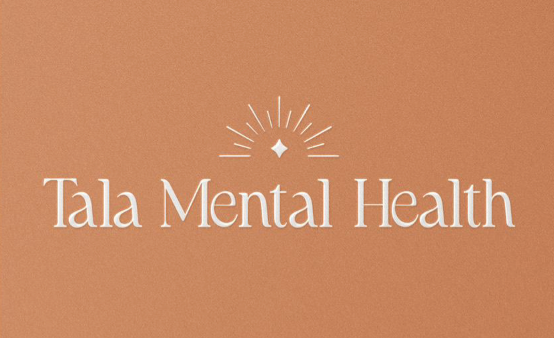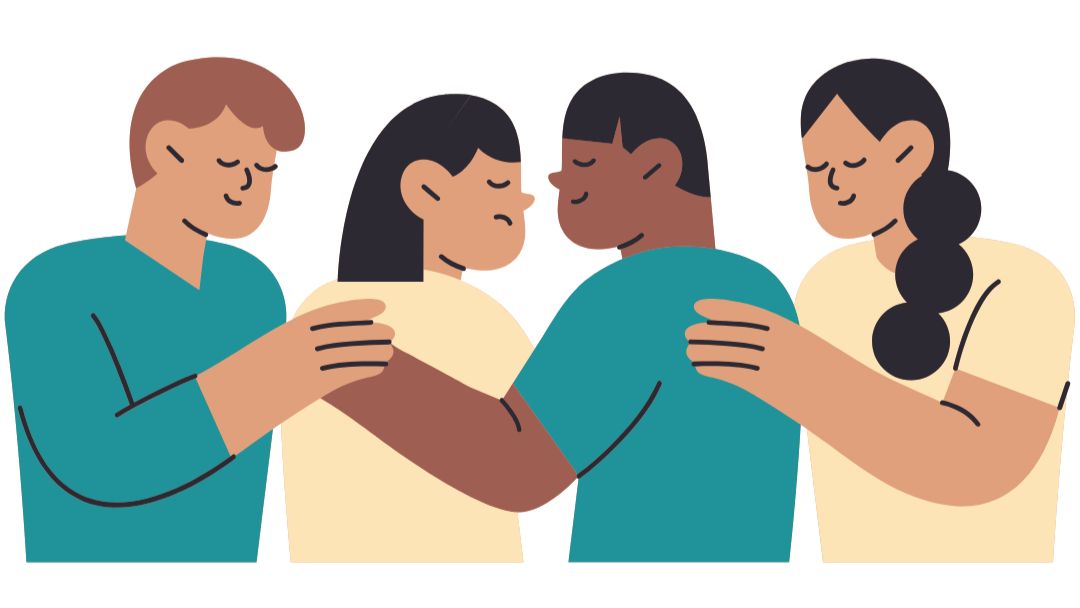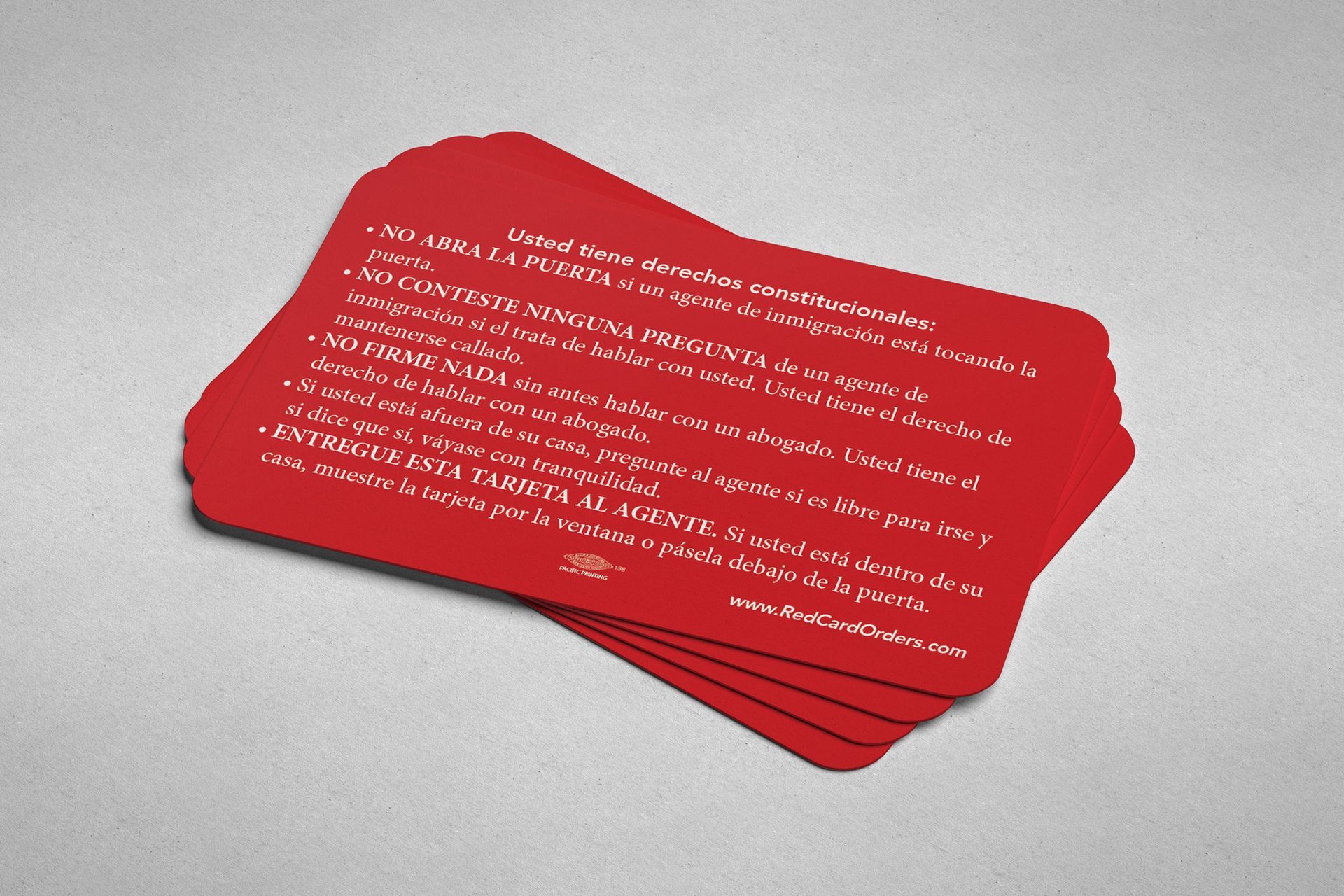Patience with our Healing
We’ve just begun a commitment to healing. We have a vision of who we might be at the end of it but we feel frustrated with the in-between.
Our healing is a process; a journey with detours and visitors. The in-between is actually the path we walk on– the journey itself.
Detours are the unexpected experiences that teach us about ourselves through redirection. Visitors are the people, unannounced and gentle, who offer us new ways of relating.
In the deep desire to be “healed,” we can get lost in our own story.
So to start, we invite a pause. Welcome a healing journey that is imperfect and ongoing. Ask yourselves:
“What will this journey teach me?"
“How have I changed because of the detours? Because of the visitors?”
“How might I find the courage to walk the in-between?”
Written by: Elaine Raif, ASW#111237



COMPANY
SERVICES
CONTACT
All Rights Reserved | Rose Junie Therapy
Designed by Vantix Digital
